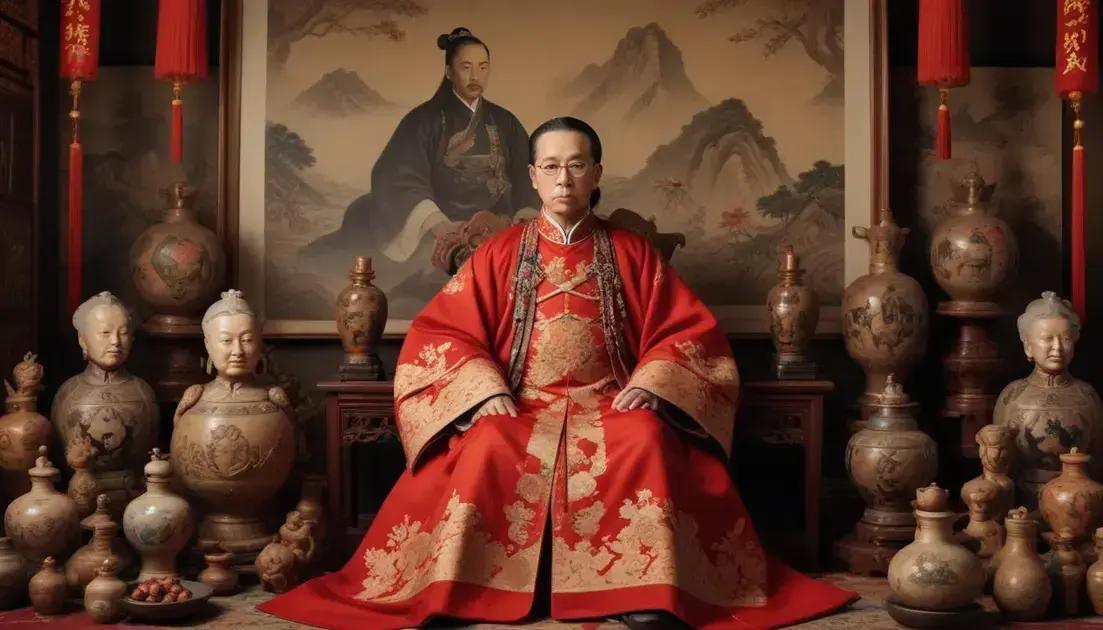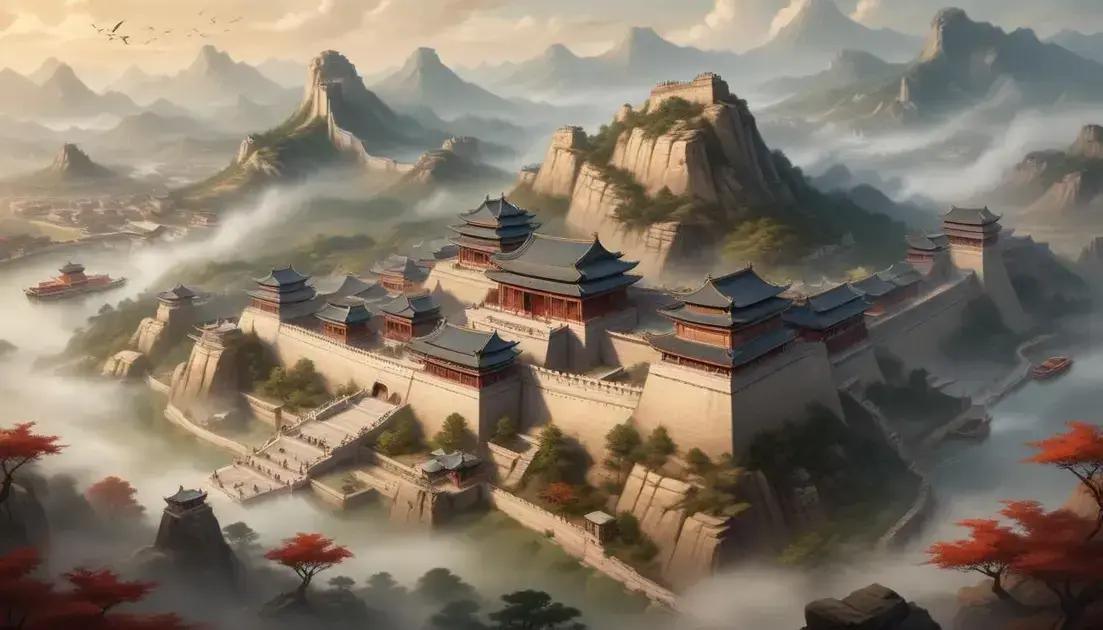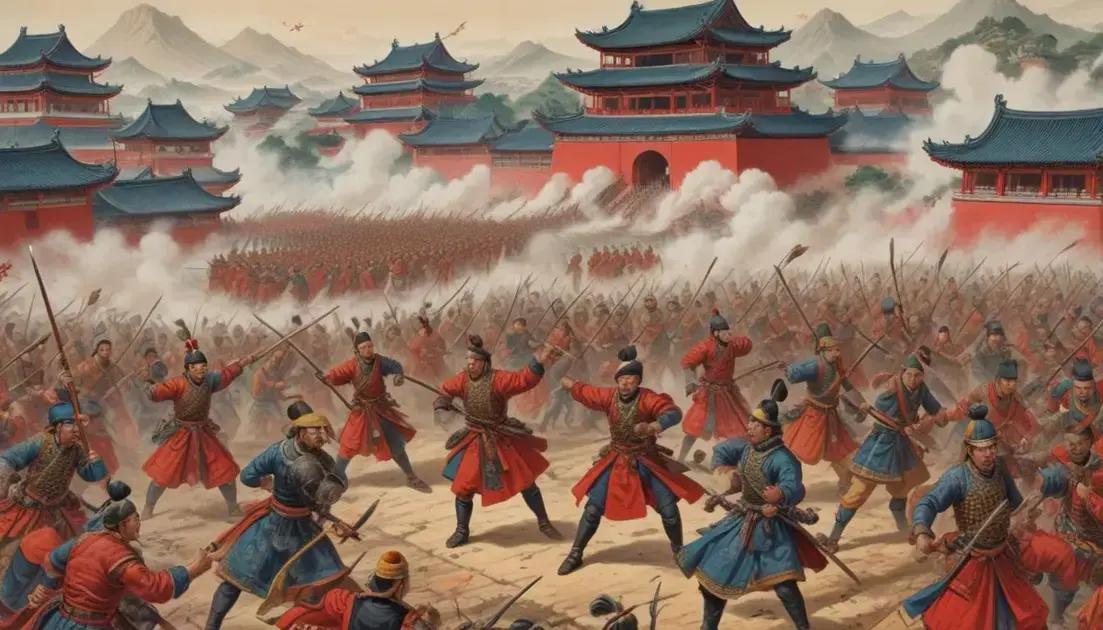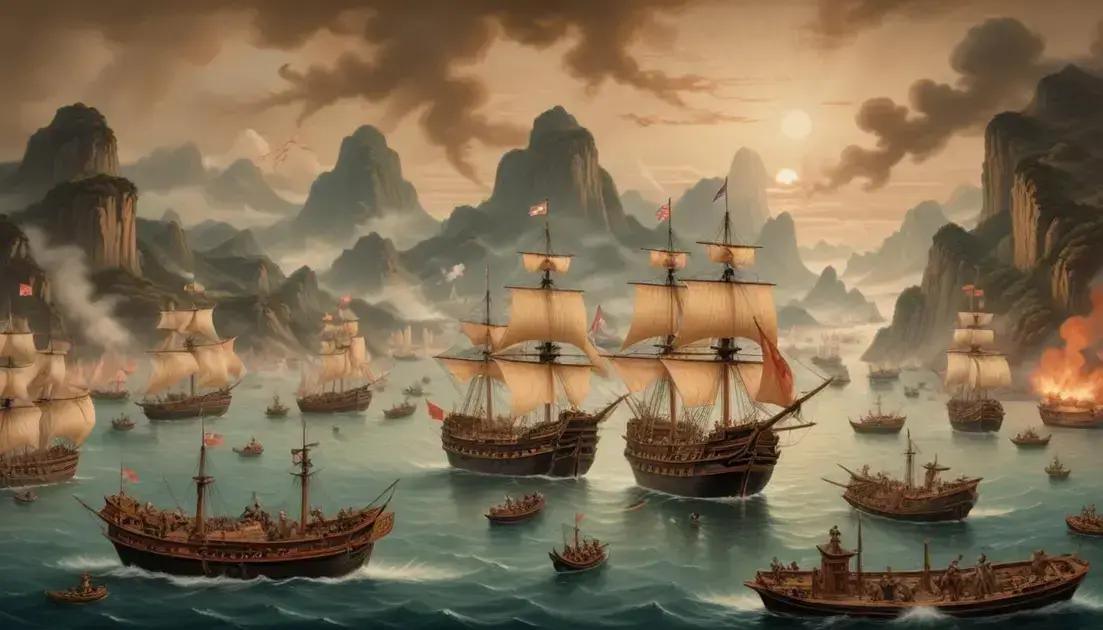
Puyi: The Life of China’s Last Emperor
Puyi, the last Emperor of China, underwent a significant transformation throughout his life, evolving from a young monarch to a common citizen in communist China. His reign was marked by foreign influences that shaped his rule, while his imprisonment led to profound personal growth. Through his journey, Puyi learned to navigate the complexities of transition, ultimately reflecting on his past and embracing a new identity beyond royalty, which highlights themes of adaptation and rediscovery.
Puyi, the last Emperor of China, lived a life filled with stark contrasts. From a young monarch to a commoner in a new era, his story is anything but ordinary!
Puyi’s early life and ascension to the throne
Puyi was born in 1906, and little did anyone know, he was destined for greatness. By just two years old, he was crowned Emperor of China. This was a huge responsibility for such a tiny child. His early life in the Forbidden City was filled with luxury, but it was also quite isolating.
As a toddler, Puyi lived a life many could only dream of. He wore beautiful clothes and had servants who catered to his every need. But he was eventually cut off from the outside world. He didn’t play with other children, which made his childhood unique but lonely.
His education began early, with teachers who drilled him in Confucianism and the history of China. Puyi was groomed to be a ruler, yet his formal training lacked personal connections. He learned about his role but didn’t understand the real world outside.
At the age of 3, things changed drastically. The Qing dynasty was crumbling under pressure from revolutionaries. Suddenly, Puyi’s reign became a symbol of the old ways, even as China faced a new future.
In 1912, Puyi officially became China’s last Emperor. But it wasn’t a typical throne. The real power was shifting away from emperors. Even though he wore the crown, Puyi had advisors and Western influences shaping his decisions.
This made Puyi’s early years on the throne both fascinating and challenging. While he had the title of Emperor, he also faced many hurdles. Understanding his place in a changing world was just beginning.
The impact of foreign influences on his reign
During Puyi’s reign, China faced increasing foreign influence. Powerful nations like Japan and Western countries had a big impact on the Qing dynasty. This change brought many challenges and shifts.
As foreign powers began to intrude more, Puyi’s authority weakened. He was caught in a struggle between tradition and modernity. The Qing dynasty was seen as outdated by many.
Puyi’s advisers included Western educators who hoped to modernize China. They introduced new ideas about governance, education, and society. These ideas presented Puyi with both opportunities and dangers.
However, not everyone welcomed these changes. Many traditionalists felt that foreign influence was a threat to Chinese culture. They believed that China should stick to its own ways, leading to conflict.
This constant tug-of-war between foreign influence and traditional values complicated Puyi’s rule. He often felt torn between what he wanted and what others expected of him. His decisions often reflected this struggle.
By the end of his reign, foreign powers had gained a firm foothold in China. Many saw this influence as a major reason the dynasty had fallen. The changing landscape left its mark on Puyi and his own understanding of leadership.
Puyi’s transformation in prison
Puyi’s time in prison marked a significant change in his life. After losing his throne, he faced a new reality. Prison was a harsh place that forced him to reflect.
Initially, he felt lost and confused. The former emperor struggled with his identity. He once had all the power, but now he was just another prisoner.
Over time, Puyi began to adapt to his new life. He started to understand the world beyond the palace walls. This transformation was more than just physical; it was mental too.
Puyi took the opportunity to learn and grow. He read books about history, politics, and culture. These readings opened his eyes to new ideas and perspectives.
While in prison, he also met other inmates. Their stories inspired him and helped him see life differently. He learned about the struggles of ordinary people. This experience grounded him and humbled him.
By the end of his imprisonment, Puyi emerged a changed man. He understood the value of freedom and the importance of living outside the confines of royalty. His time in prison reshaped his views on life and leadership.
Life as a citizen in communist China
Life as a citizen in communist China was a huge shift for Puyi. No longer an emperor, he faced many changes. Adapting to this new life wasn’t easy.
Puyi lived under strict rules. The government controlled many aspects of life. Citizens followed the party line, learning about communism in schools.
This new system aimed for equality but brought challenges. Puyi experienced this firsthand as he adjusted to everyday life. He walked the streets of Beijing like any other citizen.
Puyi missed the luxuries of being an emperor. Life was simpler but also more challenging. He had to work hard just to get by. His past as royalty didn’t give him any special privileges now.
During this time, Puyi often reflected on his past. He thought about his reign and the lessons learned. It was a time of rediscovery for him, moving from a life of power to one of humility.
Despite the difficulties, Puyi made new connections. He met people who shared their stories and struggles. These interactions helped him relate to ordinary citizens. Ultimately, Puyi’s experiences as a citizen shaped his identity.
Conclusion
In conclusion, Puyi’s journey from the last emperor to a common citizen in communist China illustrates a remarkable transformation. His experiences in both power and humility have shaped his understanding of leadership and identity. Learning from his past allowed him to connect with others, and face the challenges of ordinary life.
Puyi’s story isn’t just about royalty; it’s about growth and rediscovery. It highlights how life’s challenges can lead to personal change. Ultimately, Puyi’s life teaches us valuable lessons about navigating transitions and embracing new realities.


